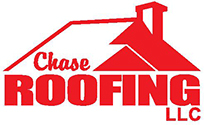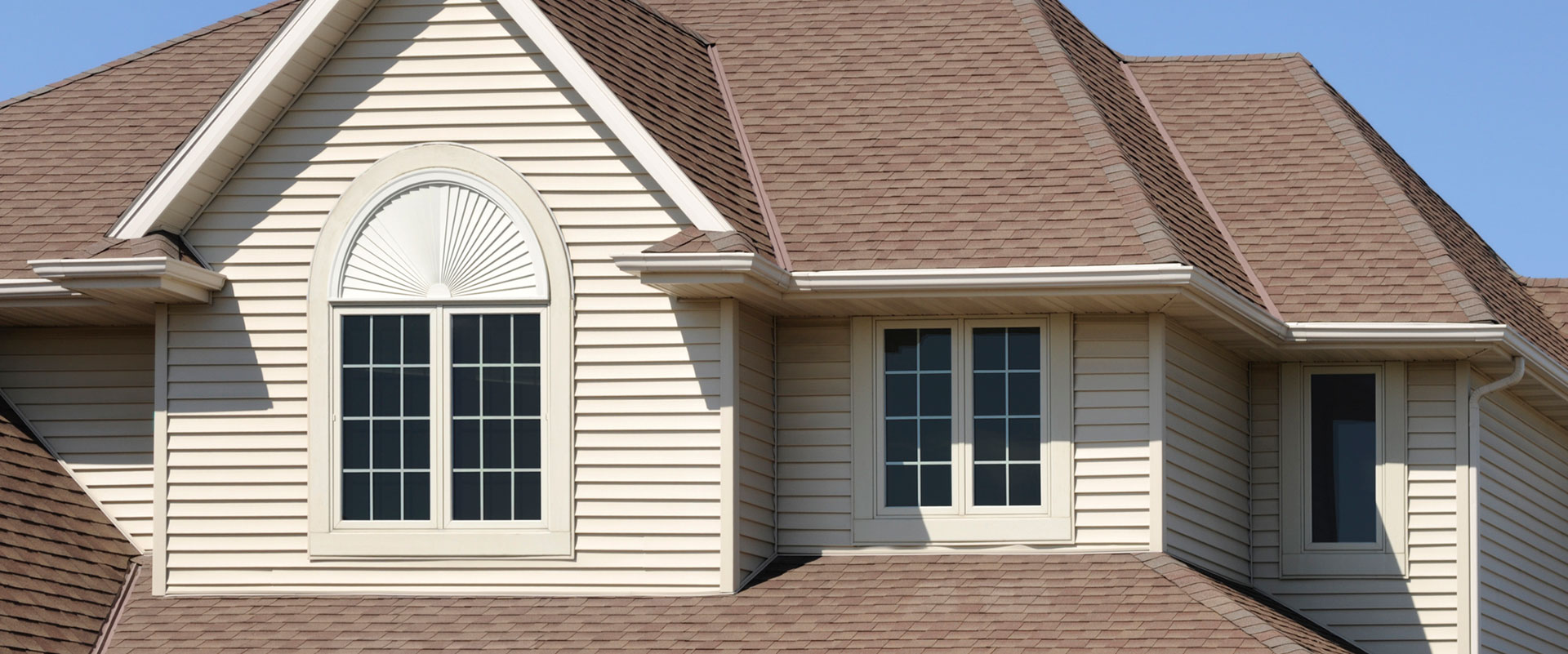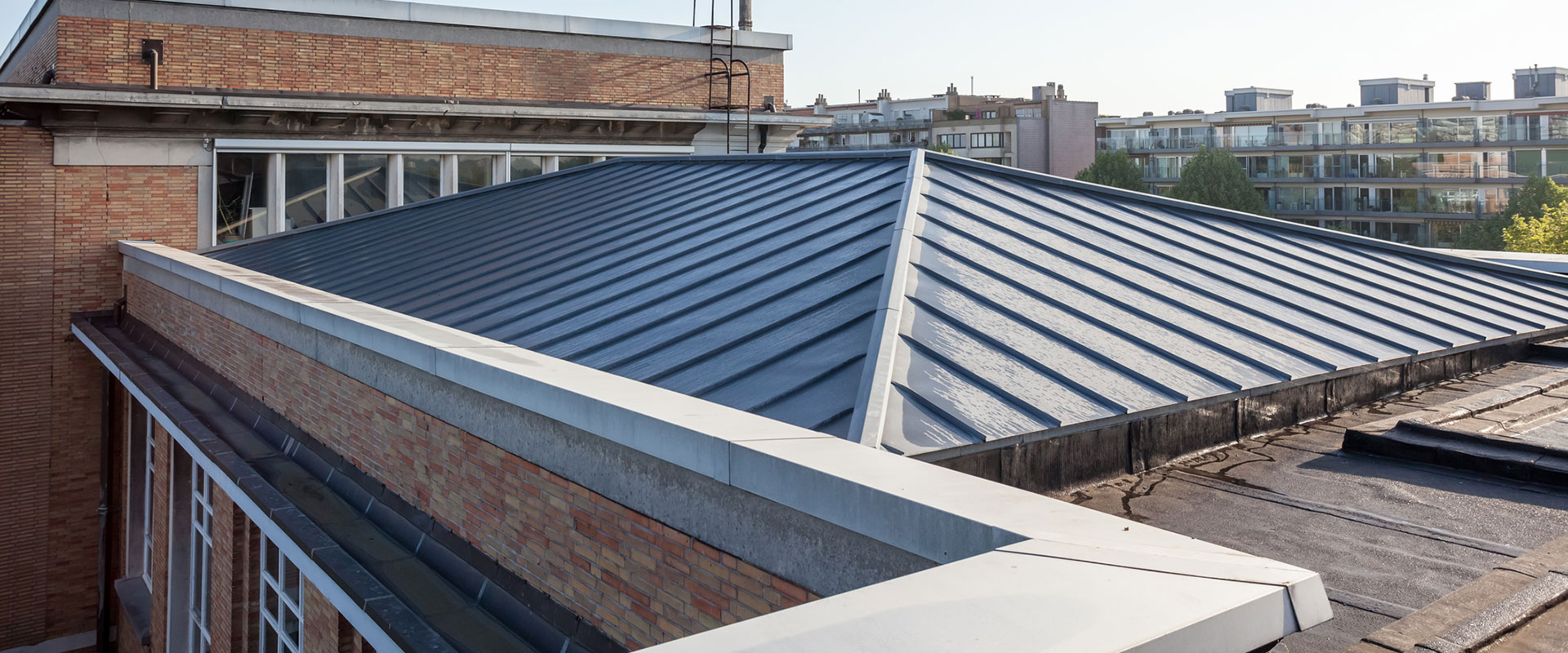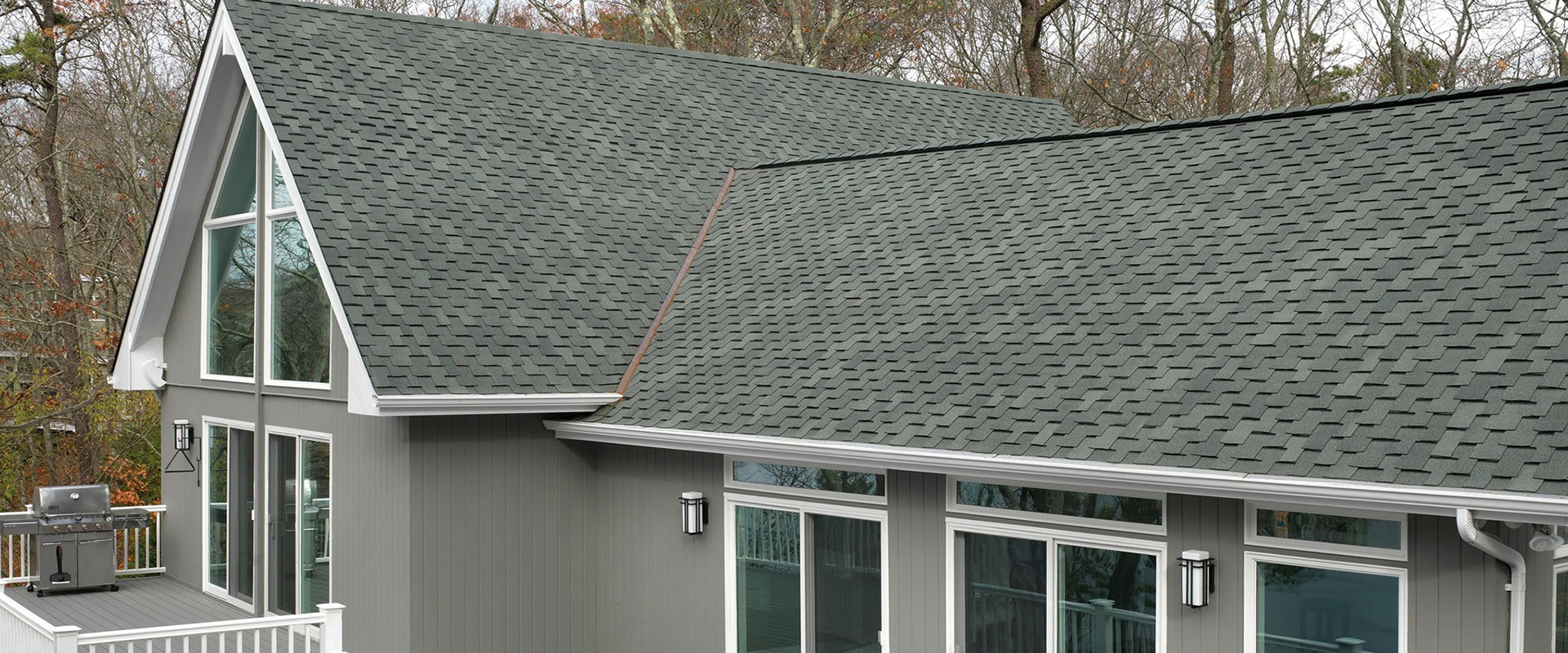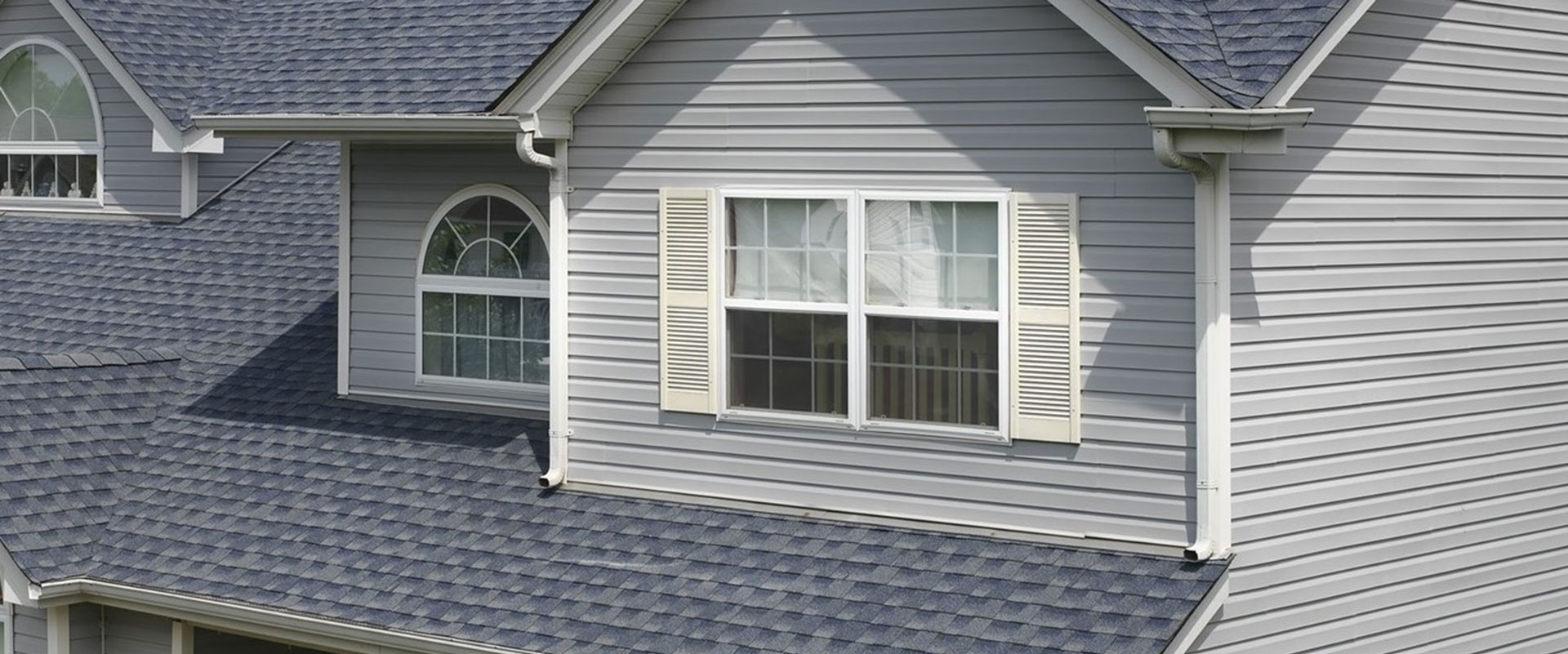Asphalt shingles are prone to blistering, which is a regular concern. Blisters, like all other blisters, will eventually pop. When blisters pop on shingle roofs, the granules fall out, leaving the asphalt exposed to the sun’s UV radiation. When this happens, the granules in that section of the roof are likely to continue to fall. These ruptured blister regions can, over time and with natural aging, contribute to leaks and roof damage.

According to gutters and roofing specialists, asphalt shingles blister for three distinct reasons.
- Insufficient Roof Ventilation
The lifetime of your roof depends on proper ventilation. When there isn’t enough ventilation, the temperature of your roof and attic can rise. As a result of the high heat, the shingles will eventually create blisters.
It means that you can avoid scorching on your asphalt shingle roof by ensuring that the system is adequately ventilated. Reduced energy expenses are another advantage of a well-ventilated roof. It’s because your heating and cooling system won’t have to work as hard to keep you at a comfortable temperature. A reputable roof repair and installation firm can also assist you in ensuring that your roof has adequate ventilation.
-
Poor workmanship
Roof blistering is sometimes caused by a defective installation. Wrinkles, leaks, and blisters could occur if roofing materials were not released or installed when the outside temperature was appropriate. These problems raise the risk of structural damage and shorten the lifespan of your roof. Make certain that the roof repair professional you’ve engaged has had extensive training and has exceptional installation skills.
- Trapped Moisture in Asphalt Shingles
A poorly executed manufacturing process is one of the main causes of asphalt shingles scorching. Moisture can become trapped within the shingle itself at times. After prolonged contact with the sun, the trapped moisture begins to heat up, causing blisters on your roof’s surface.
How to Prevent Blisters
Choosing high-quality asphalt shingles for a new roof can help minimize blisters by ensuring that the shingles are resilient enough to avoid blister bursting. The blisters should simply vanish once the vapors shrink or the liquid evaporates, causing no serious damage to the roof.
You should pay special attention to the attic ventilation. Blistered shingles can be replaced, but if the root reason isn’t addressed, you’ll likely experience the same issues again.
When purchasing a new roof, it’s better to stay with well-known manufacturers. Also, to ensure that your roof is installed correctly, choose only a certified roofer.
Chase Roofing LLC offers more than 30 years of experience upgrading the exteriors of both residential and commercial structures. To schedule a free consultation, call (757) 260-5756 or complete our contact form. We happily serve the communities in and around Yorktown, VA.
